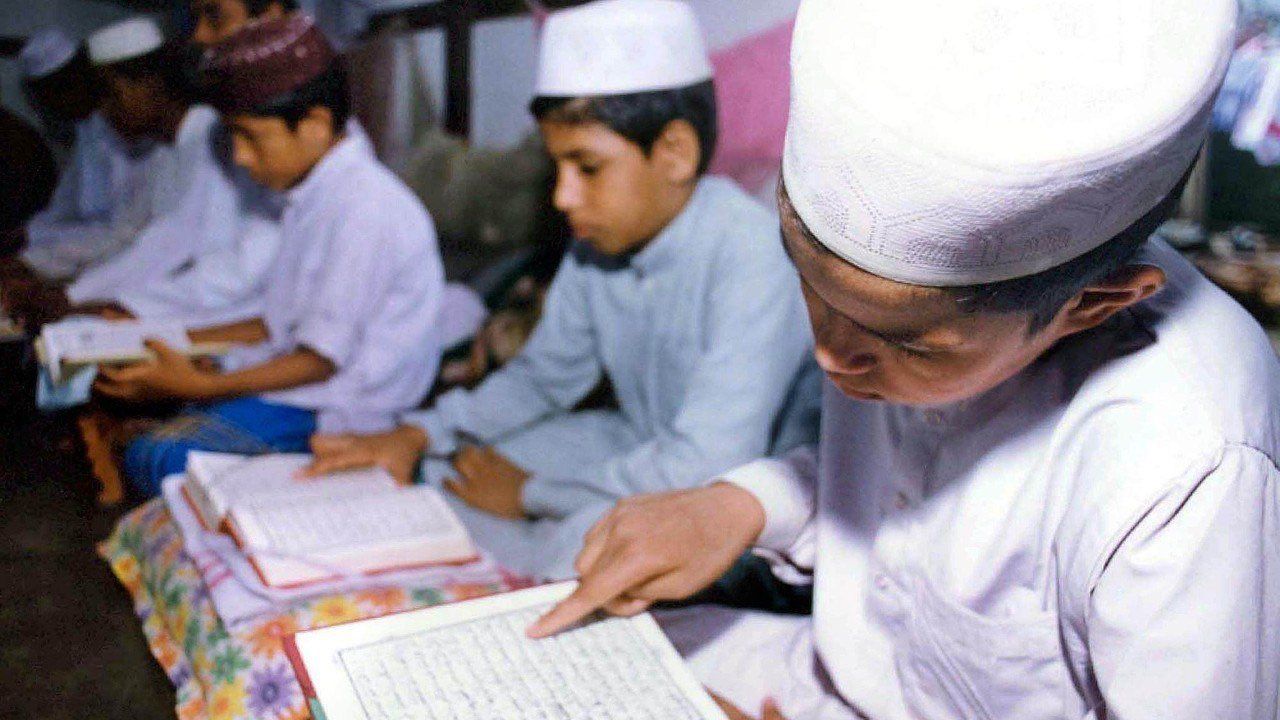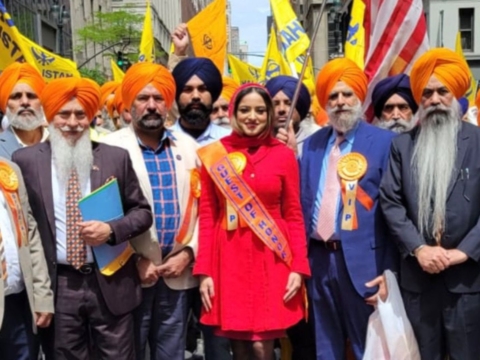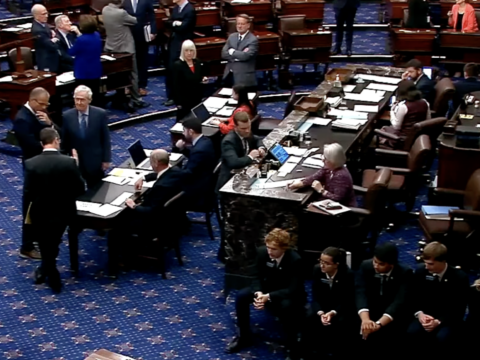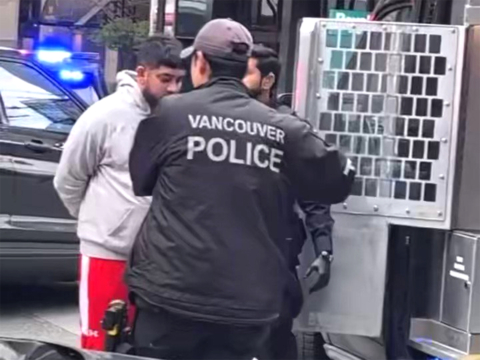NEW DELHI (Diya TV) — India’s most populous state, Uttar Pradesh, is facing a severe education crisis as over 21,000 teachers in Muslim religious schools, commonly known as madrasas, risk losing their jobs due to a funding halt. The move, orchestrated by Prime Minister Narendra Modi’s government, is raising concerns about its impact on both teachers and students, with potential repercussions for the upcoming general election.
In a statement to Reuters, Iftikhar Ahmed Javed, chief of Uttar Pradesh’s madrasa education board, expressed the severity of the situation: “Over 21,000 teachers are set to lose their jobs. Muslim students and teachers will go back by 30 years.” Uttar Pradesh has a substantial Muslim minority, constituting nearly a fifth of the state’s population and approximately 14% of India’s overall population.
The decision to cease funding is attributed to the federal government’s discontinuation of the Scheme For Providing Quality Education in Madrasas in March 2022. A document from the Ministry of Minority Affairs reveals that Modi’s government did not approve any new proposals from states under the program between the fiscal years 2017/18 and 2020/21, ultimately leading to its closure.
Additionally, Over the last two an ongoing investigation by the Special Investigation Team (SIT) in Uttar Pradesh has revealed that 80 madrasas in the state received approximately $12.5M in funds from abroad over the past three years. The SIT, formed by the state government to investigate the sources of foreign funding for madrasas, found that the money was deposited directly into the bank accounts of societies and NGOs managing these madrasas. The investigation aims to determine whether the funds were intended for social causes or involved in illegal activities.
The SIT has identified individuals, societies, and NGOs running these madrasas and is gathering information about the organizations and individuals who deposited the money into the bank accounts. The investigators also intend to determine how these madrasas spent the foreign funds, seeking information from them on the utilization of the money.
Despite increased funding of about $3M in the fiscal year to March 2016, the minority affairs ministry, responsible for the program until its closure, has not provided any comments. The decision raises questions about the government’s commitment to education in madrasas.
Shahid Akhter, a member of a government panel on minority educational institutions, advocates for the revival of the program, emphasizing the importance of providing both Islamic and modern education to children. He stated, “Even the prime minister wants children to have both Islamic and modern education,” and efforts are underway to retain the scheme.
The repercussions of the funding halt are already affecting teachers in Uttar Pradesh, with the state failing to pay its share since April. A letter from Javed to Modi reveals that the state has decided to stop payment altogether this month, further exacerbating the challenges faced by teachers who have not received the federal portion for six years.
As the crisis unfolds, the northeastern state of Assam is taking a controversial approach by converting hundreds of madrasas into conventional schools. This move has sparked protests from the opposition and Muslim groups, highlighting the broader debate on the role of madrasas in the Indian education system.
This funding crisis, coupled with the foreign funds probe, and the lack of financial transparency adds layers of complexity to the challenges faced by the madrasas in the state, raising questions about their financial accountability and raising concerns about the potential impact on the education of Muslim students in Uttar Pradesh.




